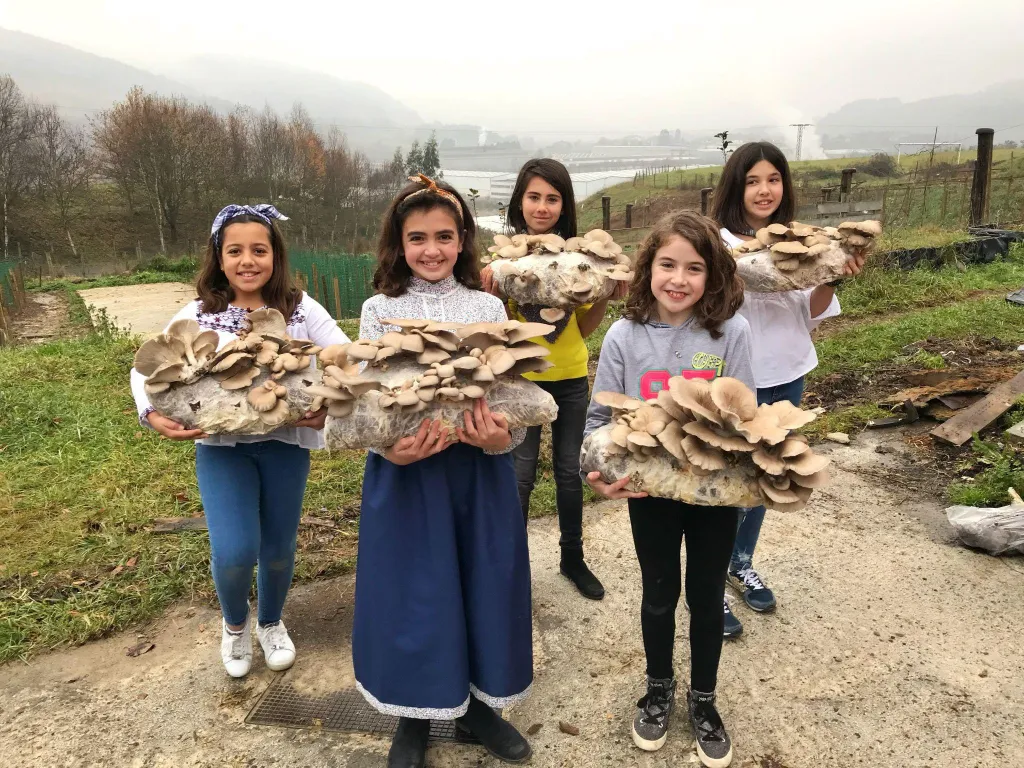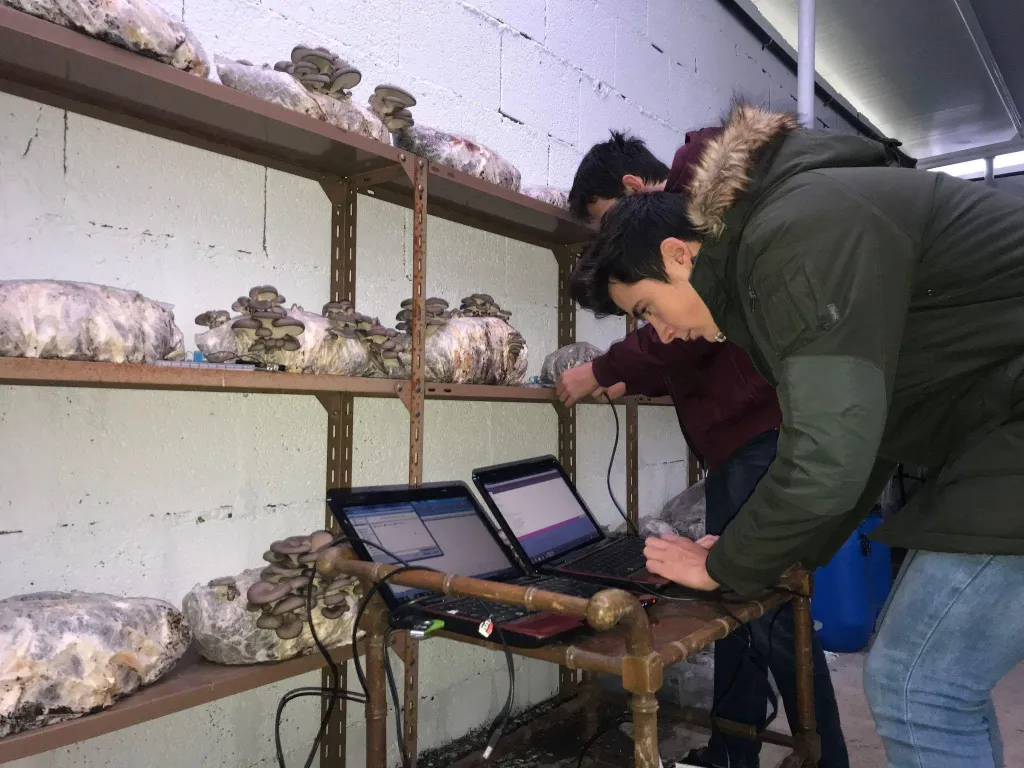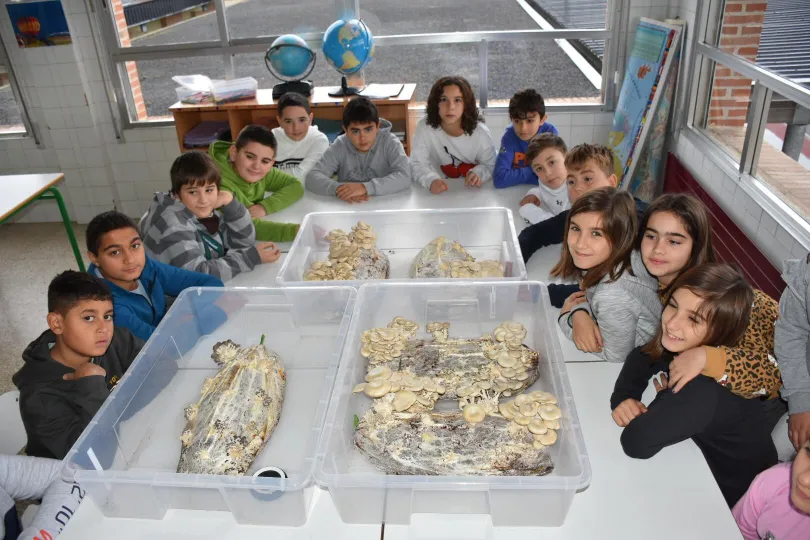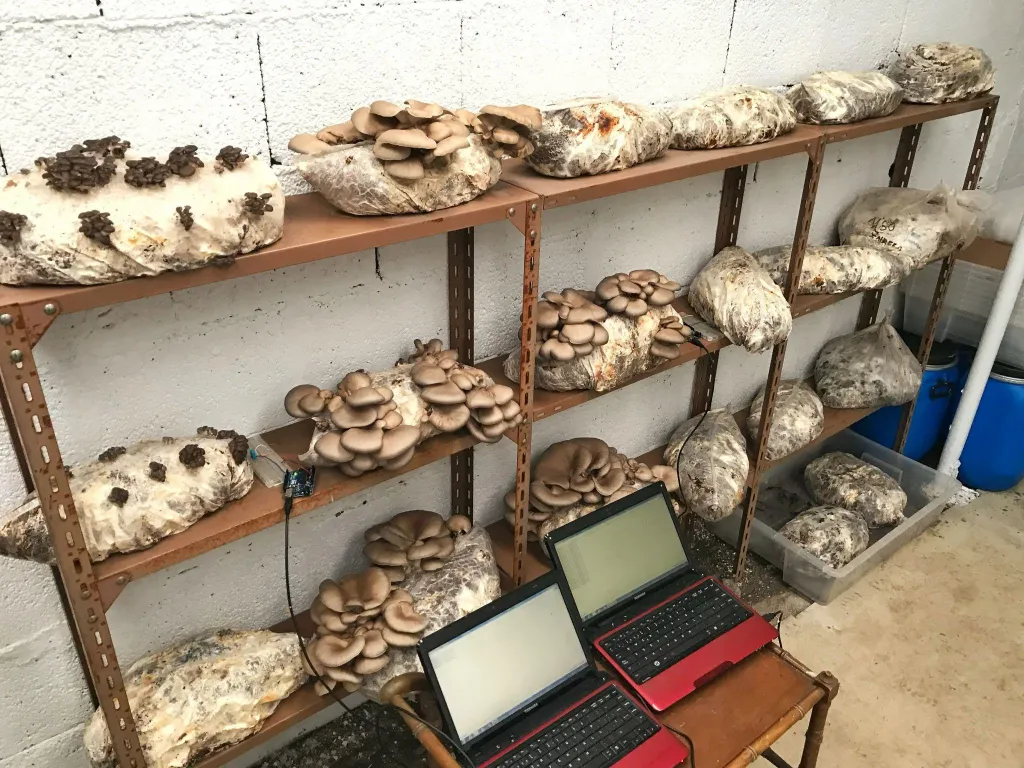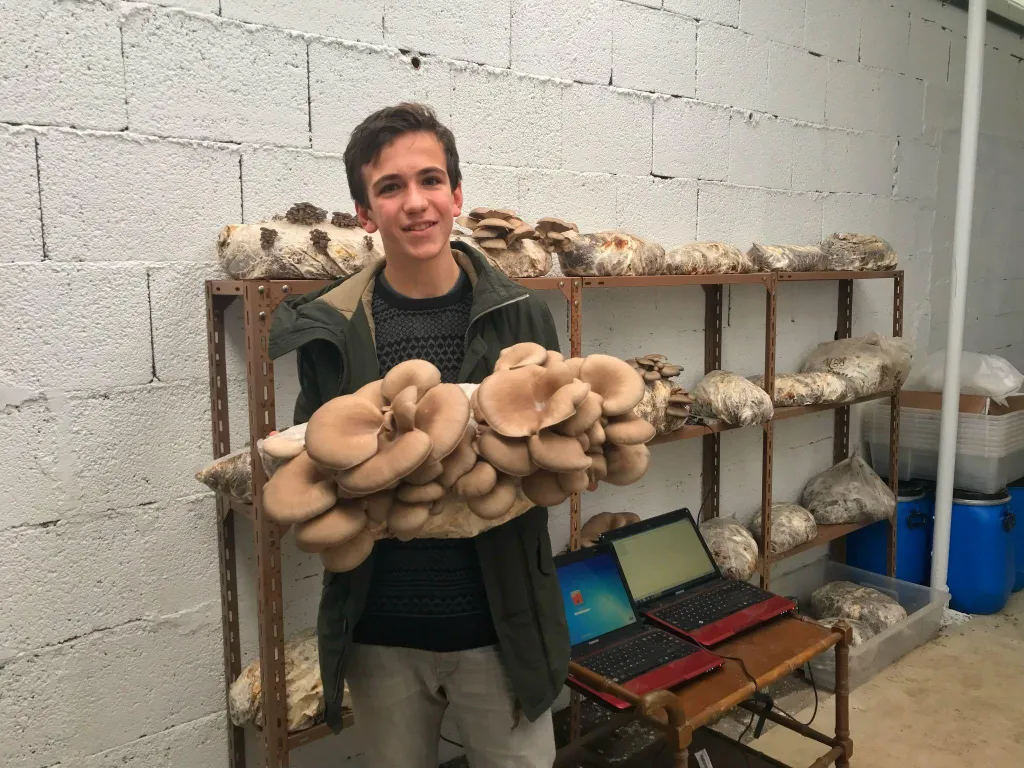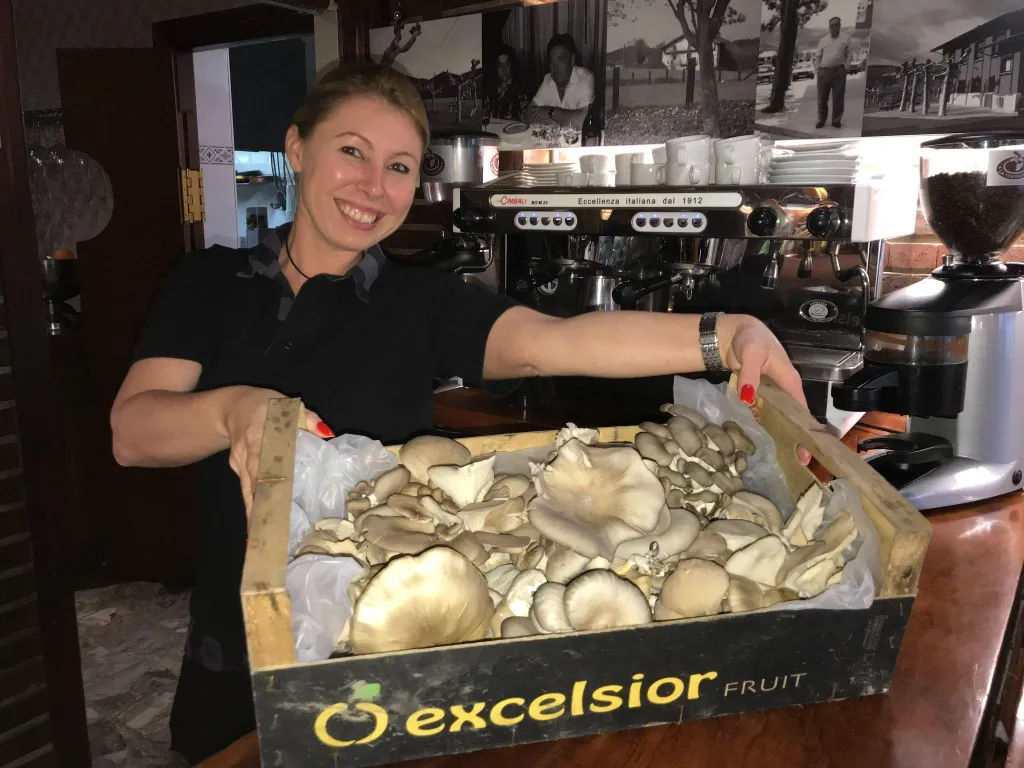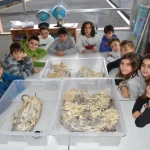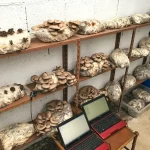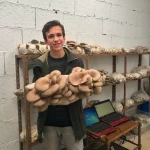Teacher: Egoitz Etxeandia Romero

Egoitz Etxeandia Romero
Egoitz is a distinguished educator and innovator, honoured with the National Entrepreneurial Teacher of the Year Award in 2021. He is a prominent leader in the Teach For All STEAM community and the founder of AIEDUtech, a non-profit organization dedicated to facilitating the adoption of AI tools in the education sector. With a degree in International Business, Egoitz possesses extensive experience in project management and mechanical development. He is known for creating numerous entrepreneurial projects based on the principles of the Circular Economy. Egoitz also serves as the Educational Leader for Global Shapers Bilbao, an initiative founded by the World Economic Forum. He is the mind behind Ekonomia Ikasiz, an innovative Visual Thinking-based methodology for teaching economics. Currently, he is collaborating with Harvard University and Teach For All on a research project focused on integrating STEAM methodologies and projects on a global scale.
Usefull links related to the Solution
Overview
This project was designed by Egoitz to revolutionise the teaching methods used in a school in Spain. Egoitz aimed to put climate change education and values driven entrepreneurship at the heart of Science, Technology, Engineering, Art and Mathematics (STEAM) teaching whilst also making STEAM pedagogy relatable and engaging for all students. The project also sought to show how economics is intertwined with other learning, demonstrating this through cross-curricular learning. The added benefit of this immersive style of learning is that it assists with the embedding of climate change learning.
Theory of Change
Egoitz found students in his school were disengaged due to the use of non-progressive teaching methods. He also identified that climate change education was only taught superficially to students in high schools across the region. The project aimed to integrate a new philosophy of teaching into whole school learning, with climate change education at its heart and social entrepreneurship used as a vehicle to deliver it. The new curriculum was designed to promote three pillars of learning – climate change education, entrepreneurship with values and STEAM. The project would teach students topics such as coding, scientific research, ‘Big Data’ and marketing; with the hope that acquiring these tools would help them better understand climate problems, creating the agency needed to tackle the issues. The social impact that entrepreneurial activities can have was emphasised throughout the curricula.
Approach and Actions
The project foundations are built on key inter-age group relationships. The newly developed curricula were designed to be project-based and involved cross-curricular teaching in seven challenges, across seven subjects, in seven school grades -hence the name. Each year students identify waste materials in their local area and design social businesses using the waste materials. The students then go on a seven-year learning journey to develop their businesses, because of this a spiral curriculum was developed which reinforces and builds on ideas of climate change each year. The journey involves running their business whilst also gaining knowledge through pedagogical inputs from different subjects at different stages in their education. Students are guided by their teachers but are responsible for the business outcomes that are achieved. There are strong links between the school and the local community, these are utilised by the businesses for obtaining raw materials and for trading, there have also been interactions between students and local government.
Impact
The project aims to redefine the 21st-century role of students as leaders, through transforming the learning processes to move away from the pursuit of academic excellence towards a model where well-being, connectedness, awareness and agency are more important. The children’s STEAM understanding was also developed and all learning was continuously connected to the ‘bigger picture’, which helped the children understand the relevance of the learning.
